Phu Tho An 86-year-old man had a fever, cough, sore throat, and self-treated with flu medicine, which made his illness worse, causing difficulty breathing and lung consolidation.
On January 29, Dr. Dang Thi Thu Phuong, Deputy Head of the Department of Tropical Diseases, Phu Tho General Hospital, said that the patient had a history of high blood pressure and diabetes. At home, he had a fever, cough, and sore throat, so he self-treated with common cold medicine but it did not help.
On the third day, the patient had difficulty breathing, chest tightness, and fatigue. His family took him to the hospital in respiratory failure, with a blood oxygen concentration index (SPO2) of 85-90% and lung spasms.
The doctor tested positive for influenza A, and a chest CT scan showed diffuse pneumonia and consolidation. The patient was treated with the anti-influenza drug Oseltamivir, antibiotics to prevent secondary infection, oxygen therapy, and nebulizers. Fortunately, after a week, the patient's condition improved significantly, with no fever, reduced inflammation, and no more difficulty breathing.
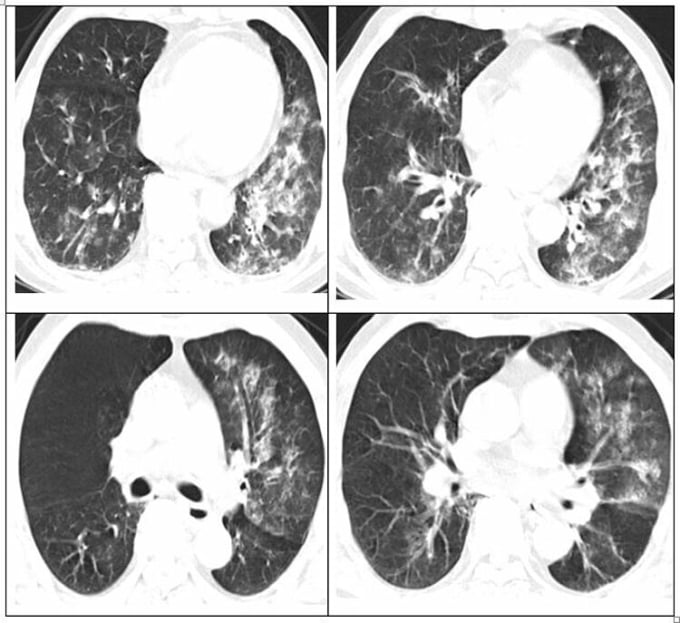
Image of the patient's lungs with diffuse inflammation and consolidation. Photo: Provided by the hospital
Phu Tho General Hospital receives many cases when the disease has become severe, with many complications in the lungs, muscles, and brain. At its peak, there were 15 cases of influenza A infection in a day, of which 8 cases had to be hospitalized, 3 people had respiratory failure, severe pneumonia and needed oxygen support.
Doctor Phuong stated that if the above cases are examined and detected early, hospitalization will be minimized, treatment time will be shortened, disease progression and costs will be limited.
Doctors advise people not to be subjective about influenza A, especially during the epidemic season. The elderly, children, pregnant women, people in nursing homes, people with underlying medical conditions, and medical staff who come into direct contact with the source of the disease need to proactively prevent the disease by getting vaccinated, wearing masks when in contact with people infected or suspected of being infected with influenza, disinfecting hands, and avoiding crowded gatherings when there is an epidemic.
People with suspected signs of influenza A infection should go to a medical facility for examination, detection and timely treatment. Do not self-treat to avoid complications.
Thuy Quynh
Source link

















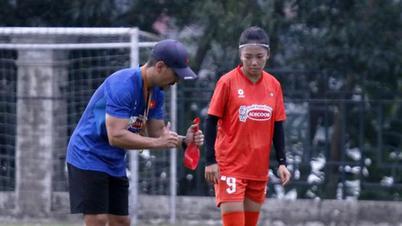
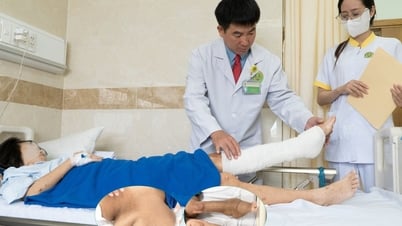


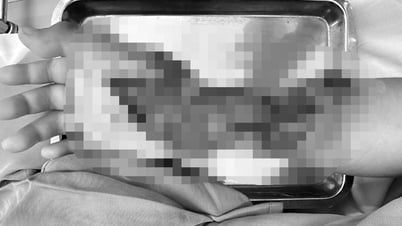

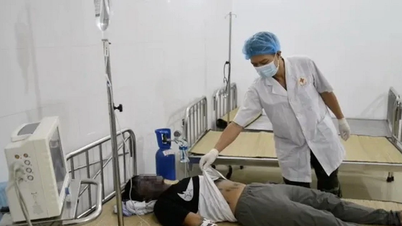

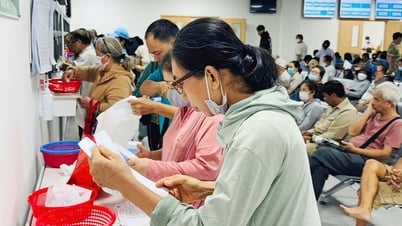































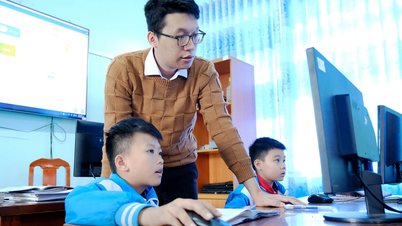





























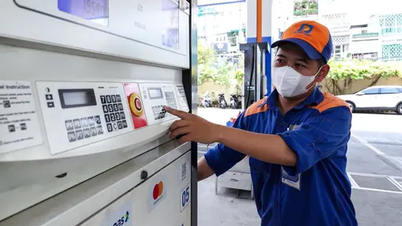





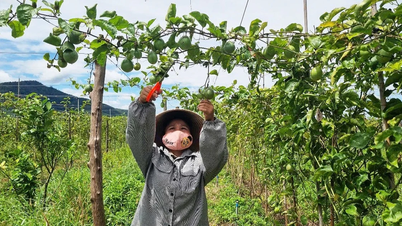













Comment (0)